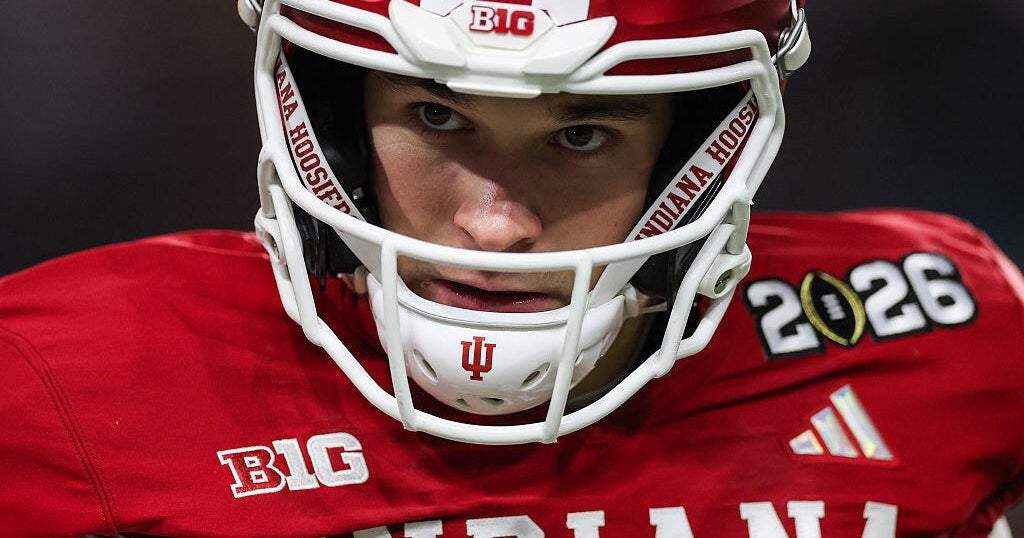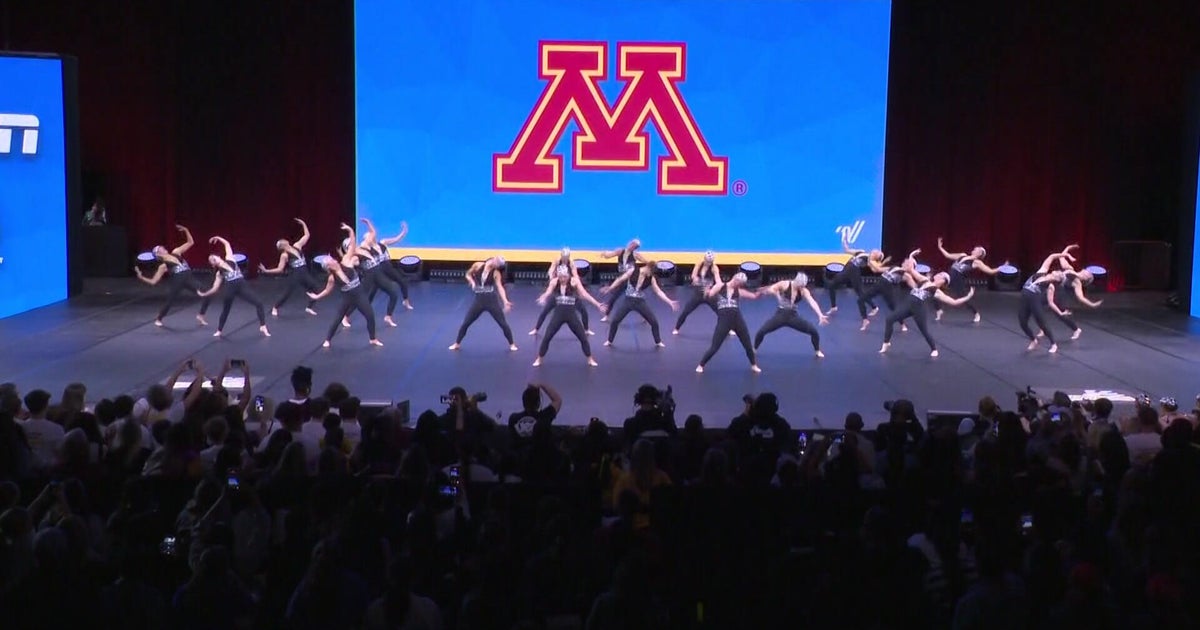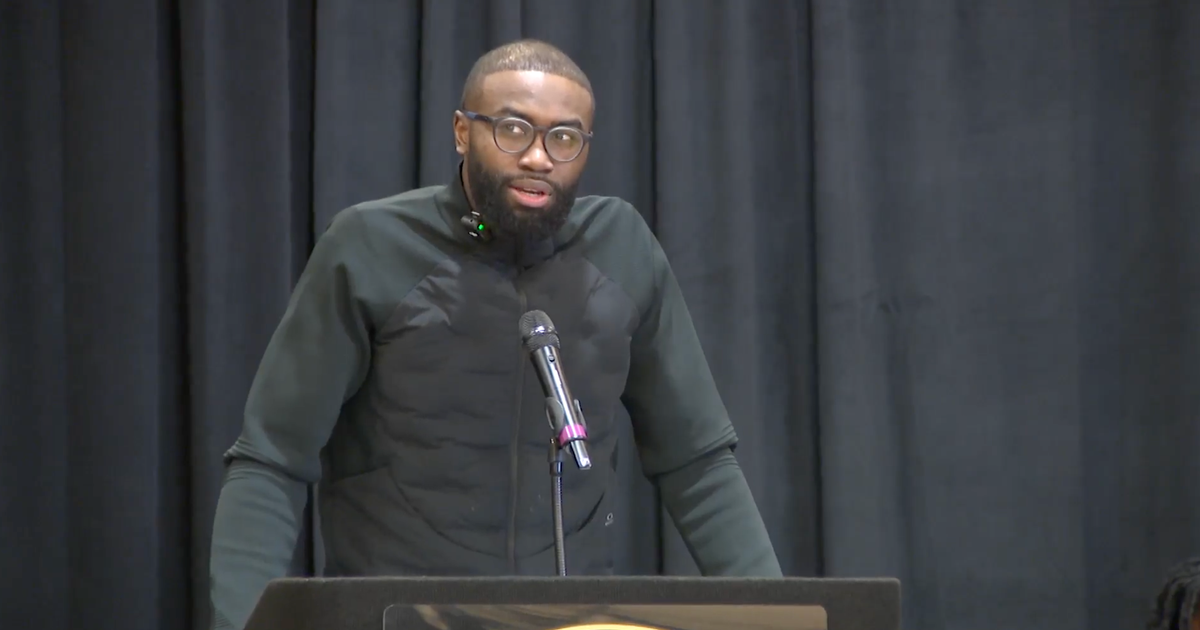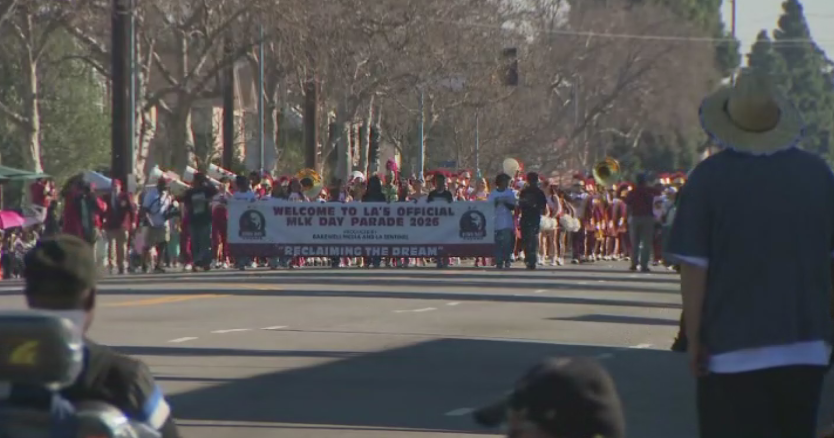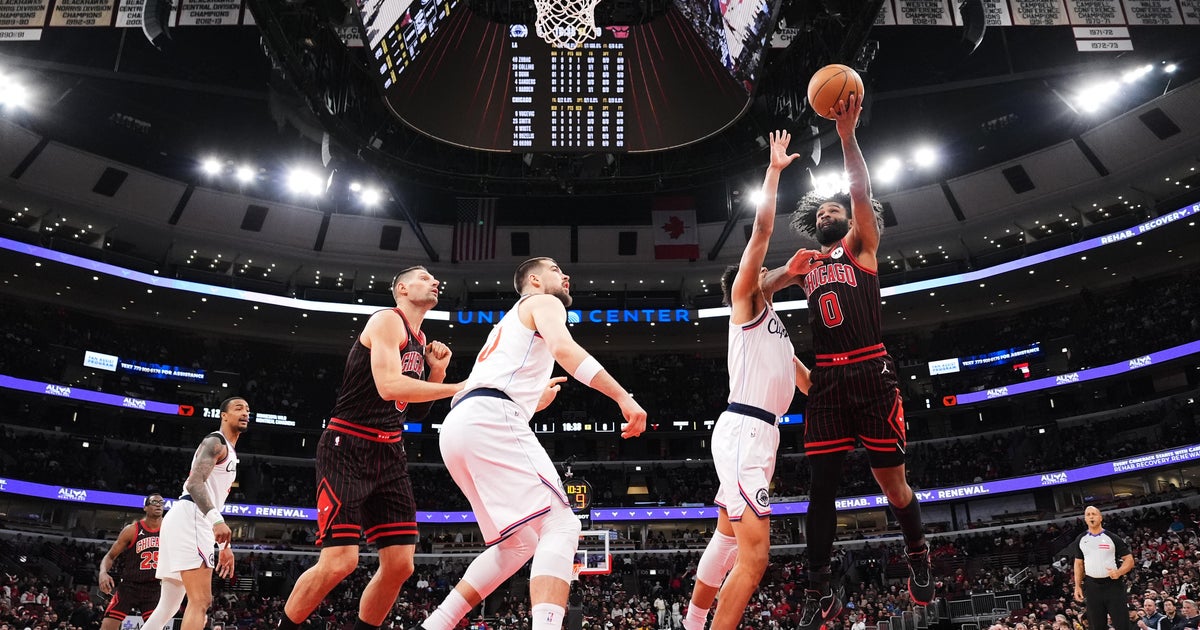Regents approve UCLA's Big Ten move; UC Berkeley to receive payment
LOS ANGELES — UCLA cleared a major hurdle toward joining the Big Ten Conference in 2024, getting approval for the move from the University of California Board of Regents on Wednesday.
The regents voted 11-5 to affirm the Bruins' move during a special meeting on the university's Westwood campus. A simple majority was needed to pass.
"We've always been guided by what is best for our 25 teams and more than 700 student-athletes," UCLA athletic director Martin Jarmond said after the vote. "The Big Ten offers exciting new competitive opportunities on a bigger national media platform for our student-athletes to compete and showcase their talent."
The regents imposed conditions to mitigate the impact of the move on athletes, including UCLA investing an additional $12 million in nutritional support, mental health services, academic support while traveling and charter flights to reduce travel time.
Richard Leib, chair of the Board of Regents, said it was important to make a decision given UCLA's ongoing recruiting efforts and the Pac-12 Conference's negotiations for a new media rights deal.
"We spent an inordinate amount of time into trying to make a reasonable decision. I'm pleased with how we did it," Leib said. "I think in the end people will be pleased with it and excited about it."
UCLA will also have to pay the University of California at Berkeley between $2 million and $10 million because of how the move will affect the Cal athletic program. The regents will determine the precise total once the upcoming Pac-12 Conference media rights deals are completed.
"From the very beginning we said we understand we may need to help Berkeley. We're OK with it and happy it is resolved," UCLA chancellor Gene Block said.
The decision came nearly five months after Democratic Gov. Gavin Newsom criticized UCLA's move because Block and Jarmond did not give advance notice to the regents.
UCLA and the University of Southern California announced on June 30 that they were leaving the Pac-12 for the Big Ten. USC is private and not part of the UC system.
In 1991, campus chancellors were delegated authority by the UC Office of the President to execute their own contracts, including intercollegiate athletic agreements. But the regents heard during an August meeting that they retain the authority to review decisions impacting the UC system, meaning they could affirm, overturn or abstain from following up on UCLA's decision.
"The Regents provided the oversight the public deserves — ensuring that decisions about athletic conferences benefit, first and foremost, the student-athletes and campus communities impacted by those decisions," said Erin Mellon, a spokeswoman for the governor. "By requiring UCLA to nearly double its investments in student supports, all student-athletes at both UCLA and Berkeley will have greater access to better nutrition, mental health supports, tutoring and support for travel."
Despite the increased funding, the National College Players Association, a nonprofit advocacy group for athletes, said the move to the Big Ten exploited UCLA's athletes.
"UCLA athletes are not university property. They should be treated fairly in both the educational and business aspects of college sports. This move does neither," executive director Ramogi Huma, a former UCLA football player, said in a statement.
Big Ten commissioner Kevin Warren said in a statement that the conference was grateful to the regents for respecting UCLA's decision to join. USC and UCLA become official members of the Big Ten on Aug. 2, 2024.
Leib said he did not have any conversations with regents who voted no.
The Pac-12 said in its statement that "regardless of any determination by the UC Board of Regents, the Pac-12 has been and remains incredibly bullish on the future success and growth of our Conference."
